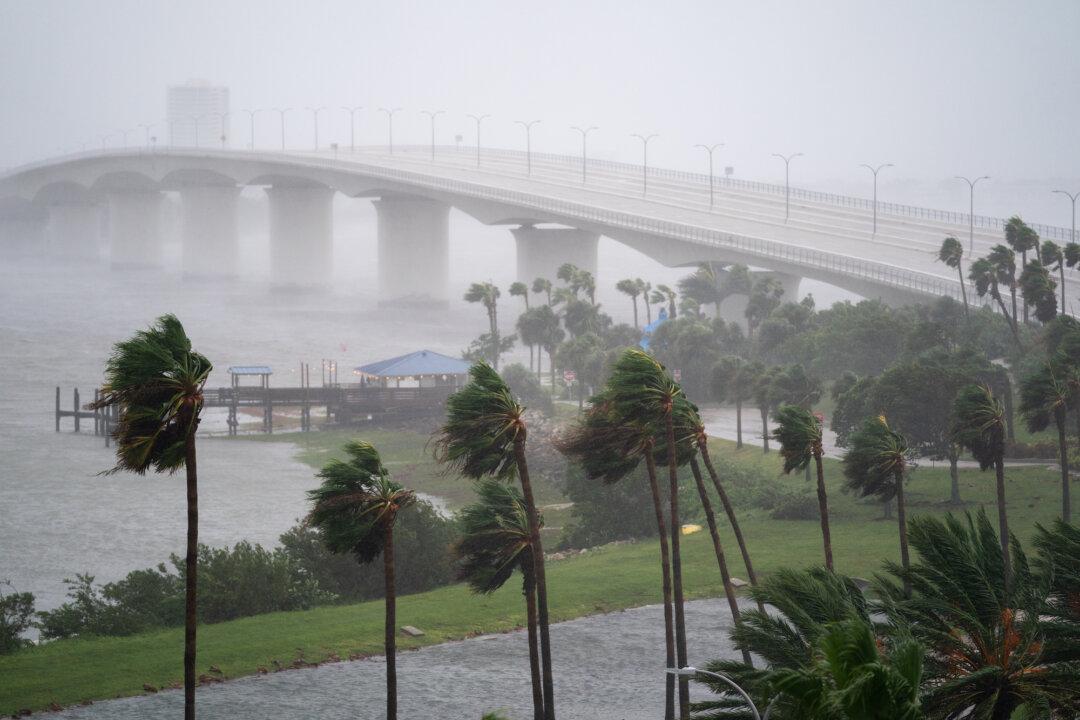Commentary
The price of home insurance in Florida has been soaring. And the skyrocketing premiums, in some cases doubling over the past three years, aren’t enough.

The price of home insurance in Florida has been soaring. And the skyrocketing premiums, in some cases doubling over the past three years, aren’t enough.